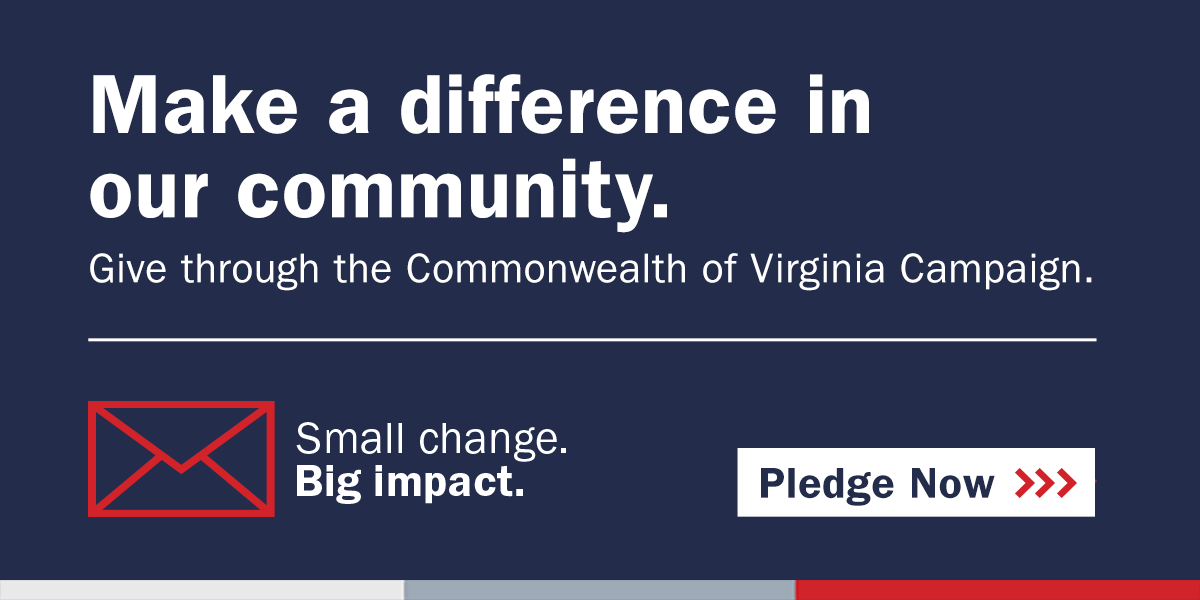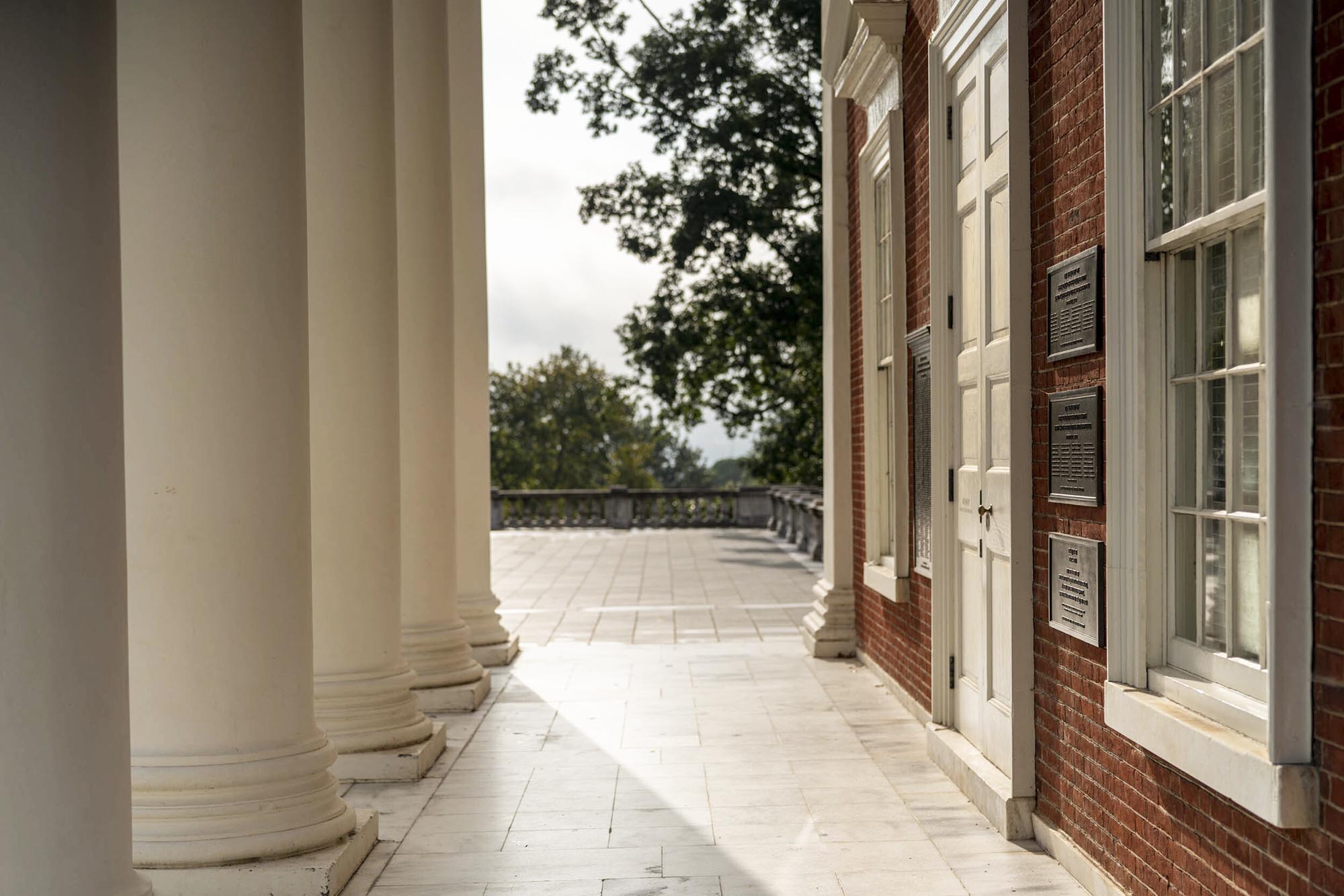In a virtual town hall Wednesday afternoon, University of Virginia officials reported on the status of COVID-19, plans for testing and ways for students and their families to stay healthy during the holidays.
Provost Liz Magill opened the program by noting that the UVA community is just a week away from the Thanksgiving holiday and the beginning of a longer break from in-person instruction, with fall semester courses ending Tuesday and in-person courses for the spring semester beginning Feb. 1. Fall-semester final exams and January term courses will be conducted online.
She said throughout the semester, the University’s leadership has spent nearly all its energy on planning for and responding to COVID-19 and providing students and families information “as quickly and completely as we can.”
Magill said Wednesday’s town hall was the latest example of that. She then introduced the program’s main speakers: Dr. Mitch Rosner, the Henry B. Mulholland Professor of Medicine and chair of the Department of Medicine, and Dr. Costi Sifri, the director of hospital epidemiology at UVA Health.
National, Regional and Local Epidemiology
Sifri said the nation is on track, as experts have been predicting, to experience a third wave of COVID-19 infections this fall and winter due to cooler weather that sends people indoors; lower compliance rates with public health measures, especially the wearing of face coverings; what he called “pandemic fatigue”; and the highly infectious nature of the virus.
He said unchecked exponential growth is presently most dramatic in the Midwest, and the true number of cases there is likely underestimated because of testing constraints. To date, there have been more than 11 million cases and nearly 250,000 deaths in the U.S., the most of any country in the world.

In Virginia, Sifri said cases began rising again in October, with an average of 1,500 new cases being reported each day by mid-November. Deaths are stable at this time, with an average of 15 or 20 reported daily, but Sifri warned that they could increase with time.
At the local level, Albemarle County and Charlottesville are seeing low growth rates of infections. The locales are part of the Thomas Jefferson Health District, which reports 27 new infections in the past 24 hours.
Sifri said cases at UVA are stable and there is no evidence of exponential growth locally. Daily figures can be viewed on UVA’s COVID Tracker.
The doctor said the take-away message is that conditions are ripe for COVID-19 to spread in communities, and the virus acts like a lit match in a dry forest. He said the best protection continues to be limiting the size of gatherings, wearing face coverings and washing hands.
COVID-19 Testing Plans at UVA
Rosner then detailed UVA’s plans for testing, both ahead of the Thanksgiving recess and before students return to Grounds for the spring semester.
All on-Grounds students will receive a COVID-19 test within nine days of leaving Grounds, and students living off-Grounds will also have been given tests between Nov. 5 and Friday. Students also have the option of using a mail-order testing kit from vendor Let’s Get Checked, the same option used at the start of the semester.
As was the case ahead of the fall semester, all students will self-test before returning to Charlottesville using the Let’s Get Checked mail-order kit. Once back on Grounds in February, all students will be tested every seven days via a saliva-based test. University employees and faculty members will also have access to testing.
Those with symptoms of, or significant exposure to, COVID-19 will also have readily available access to testing.
Staying Healthy
Rosner also offered advice on ways to stay healthy during the holiday break.
He said students should minimize interaction with others before returning home; wear a mask whenever interacting with others, even when they are outside; and wait to get their test results before leaving for the break.
He recommended students and their family members get a flu vaccine, and students should consider getting another COVID test about one week after returning home. He urged them to wear a mask as much as possible for the first 10 to 14 days and avoid long, indoor gatherings. Rosner said these precautions are especially important if students will be seeing older relatives or family members with underlying health conditions. While traveling, practice physical distancing, wear a face covering, pack plenty of hand sanitizer and wash your hands frequently, he said.
Once home, Rosner said anyone who develops COVID-19 symptoms, even if very mild, should isolate from others and get tested as soon as possible.
Rosner also urged people to read the Centers for Disease Control and Prevention’s recommendations for holiday gatherings. “These public health recommendations are highly effective,” he said.
During the question-and-answer portion of the program, one person asked about potluck meals during Thanksgiving. Rosner said sharing such meals is probably not a good idea, nor is sharing serving utensils. “This may be the year when a Zoom Thanksgiving is the thing to do,” Sifri added.
With at least two vaccines poised to become available in the near future, pending federal approval, Sifri said UVA Health is gearing up to provide them to health care providers, then people who are immunocompromised and eventually, students.
“Student Health is expecting to be called into action, too,” he said. “Time will tell, but we are anticipating we will be playing major roles” in helping to distribute COVID-19 vaccines. Sifri did not say what the timing of these efforts will be.
Tents – which allow students to gather outdoors in small groups – will be back for the spring semester, with appropriate lighting and heating, said Executive Vice President and Chief Operating Officer J.J. Davis, who joined the town hall for the question-and-answer session.
Will there be more in-person classes? “The answer is absolutely ‘yes,’” said Magill, adding that the number of in-person classes to be offered during the spring semester has yet to be determined. She noted that in-person classes this fall have not resulted in a single known transmission of COVID-19.
Rosner said University leaders are continually updating plans for a safe return to Grounds in the winter and encouraged viewers to stay in touch with UVA “as we plan for the safest possible return for the spring semester.”
Media Contact
Article Information
November 18, 2020
/content/uva-doctors-advise-students-testing-health-and-safety-ahead-winter-break

